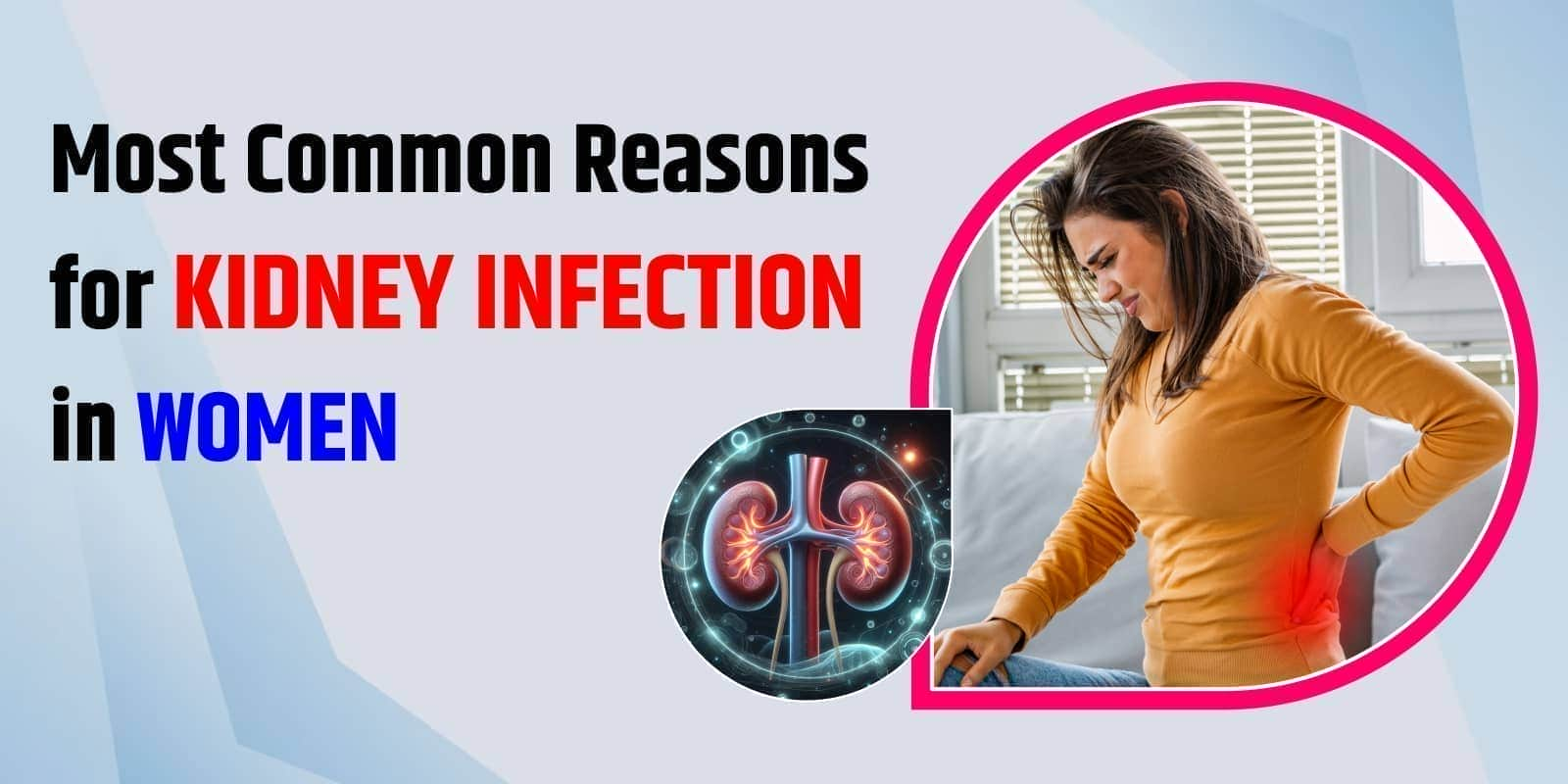
It’s a prevalent misconception that kidney illness affects both men and women equally. Perhaps they aren’t prejudiced against women. However, statistics suggest that women are more likely than men to have chronic renal disease. The cause is most likely a lack of knowledge about the factors that increase the risk of chronic renal disease in women. Kidney disorders come in various forms, each of which might be caused by a distinct reason or cause. The kidneys are a pair of crucial organs in the body that serve to keep the blood clean and perform several vital activities. The majority of kidney diseases are caused by an attack on the nephrons, which causes them to lose their filtering abilities.
Whenever you have a kidney disorder or disease, you must immediately consult the doctor. Whether you are taking allopathic medicine or taking kidney failure treatment in Ayurveda, you must take care of your diet apart from medications. Ayurveda is an ancient treatment methodology that treats the disease from the roots and does not cause any side effects also.
Kidney problems become significant and visible after a lengthy period of time since this process takes so long. Diabetes and high blood pressure are the most common causes of renal issues in women. Let’s take a closer look at these and other factors:
One of the most common causes of renal disease in women is infection. When germs from the bladder and kidneys move into the uterus, it is called a kidney infection. This type of infection can lead to renal failure if it is repeated.
Our kidneys are supposed to filter out the body’s chemicals, wastes, and other undesired fluids, but in some situations, the kidneys may be unable to dissolve some of these substances, resulting in kidney stones. The majority of these crystals pass through the kidneys and into the bladder, but some of the larger ones stay in the kidneys. These stones can be quite painful for the person and can lead to further renal problems.
Kidney failure is mostly caused by a reduction in the blood flow to the kidneys. Hypovolemia, dehydration caused by loss of bodily fluid, insufficient fluid intake, medicines such as diuretics that induce excessive water loss from the body, and irregular blood flow from and to the kidney owing to obstruction of the renal artery or vein are all examples of prerenal causes of kidney failure. Inflammation of the body’s filtering system is one of the causes of kidney failure.
So there you have it: the risk factors for renal disease in women. If you are a woman experiencing any of these health problems, we recommend that you do not ignore them and seek medical advice. It may not seem obvious, but these health concerns require a thorough examination by a physician. If you have a kidney issue or disease, you should see a doctor every once. If you are taking kidney failure treatment in Ayurveda, you must watch your diet in addition to taking meds. Ayurveda is an ancient therapy practice that addresses the ailment at its source and has no negative side effects.
Disclaimer: This information is for educational purposes only and is not a substitute for professional medical advice. Always consult with a healthcare provider before making any changes to your diet or treatment plan. For appointments, call our 24×7 helpline at +91-9821929797 or visit www.karmaayurvedahospital.com.
"Ayurveda is not just a system of medicine; it's a way of life. Connect with us to embrace a lifestyle that nurtures your body, mind, and soul."

Certificate no- AH-2023-0186
JAN 05,2023-JAN 04,2026